Sold by
Skroutz Buyers Protection
Set the delivery location to see products according to your choice.

Sold by
Skroutz Buyers Protection


Scientific Books


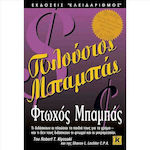
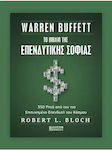
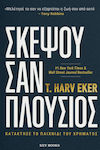




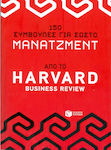
Finance Books
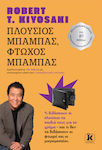

Finance Books


Prices are calculated for:Romania, Other Payment Options
Debt and History, two words synonymous with present-day Greece and Greeks. Debt, a negatively charged word, a burning issue of leadership management throughout history from Hammurabi and Solon to Constantine the Great.
Is debt a monetary issue or simply a reflection of collective ethics, the result of an adoption of religious structures as inherited?
Is debt a matter of Ethics and the different perception of it among societies nothing more than a subjective view of capital?
What is the evolution of the perception of capital between East and West and what are the mutual expectations?
What is the education and culture regarding capital during the years of Ottoman rule? How did it shape the Greek Orthodox Ethics of debt? Can Greek society understand the Protestant Ethics of the West?
In the modern era, one could easily argue that apart from our history, what has made us famous worldwide is our debt. Debt alone carries a negative emotional burden. The issue is that it also carries a practical burden, already from the loans of the 1821 Revolution, without, however, anyone taking it particularly seriously.
To achieve this, one must understand its other dimensions in order to place it in the right context:
its practical dimension, namely the financial one, connecting it with the evolution of money, banking credit, and interest, as well as its theoretical, ethical, and theological dimension, connecting it with religious faith. Is there a relationship between banking and religious faith? To answer this question, one must study not only the position of Christianity but also the other Western religions regarding money and interest. Interest was an institution that existed in the temples of the ancient world and was abolished by Christianity, but it returned to Christian ethics with Luther's Reformation, creating the entrepreneurial culture of modern West.
What is the relationship of Orthodox Hellenism with this Protestant ethics and practice? Do our differences regarding debt stem from our ethics, our attitude towards capital and its use? Should one compare the developments regarding capital in the East and the West in order to draw better conclusions? What is the role of tradition and organization, education and culture that formed during the Ottoman rule in this ethics of debt?
Specifications are collected from official manufacturer websites. Please verify the specifications before proceeding with your final purchase. If you notice any problem you can report it here.